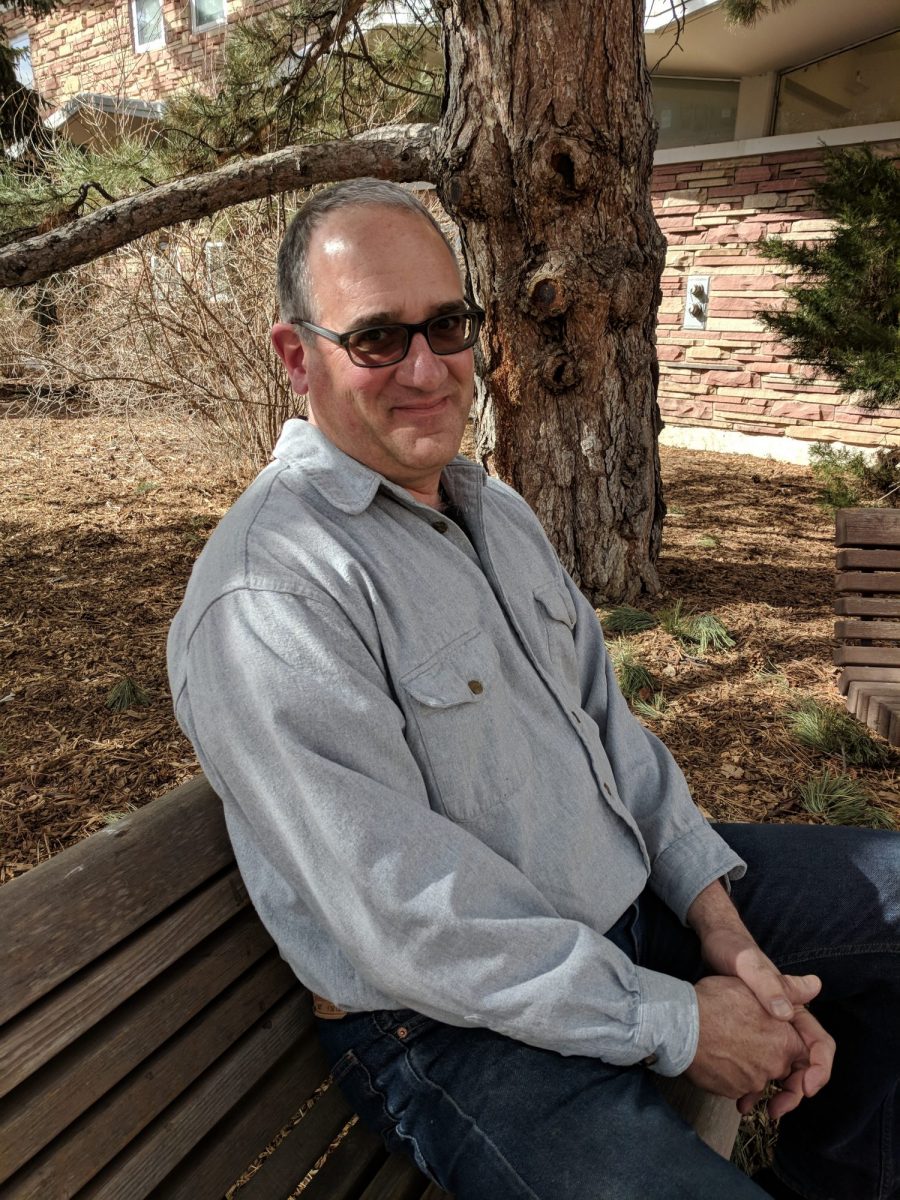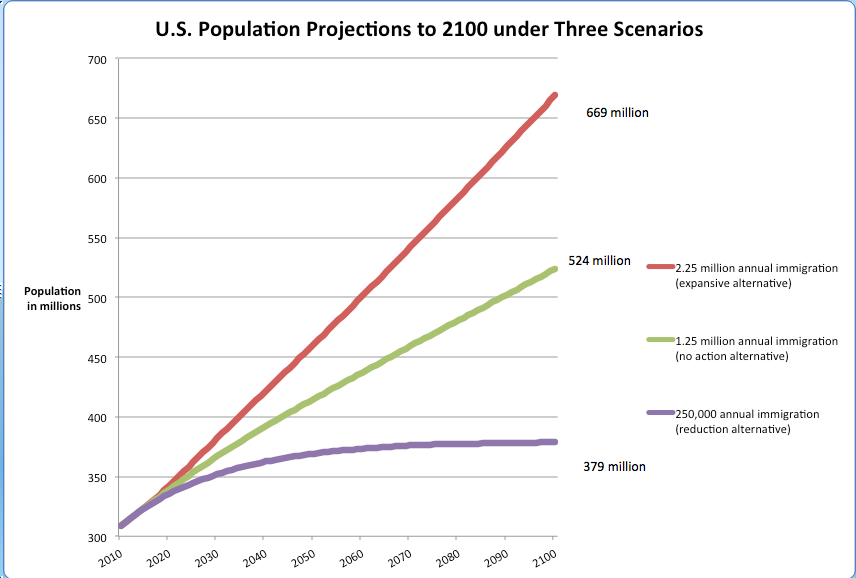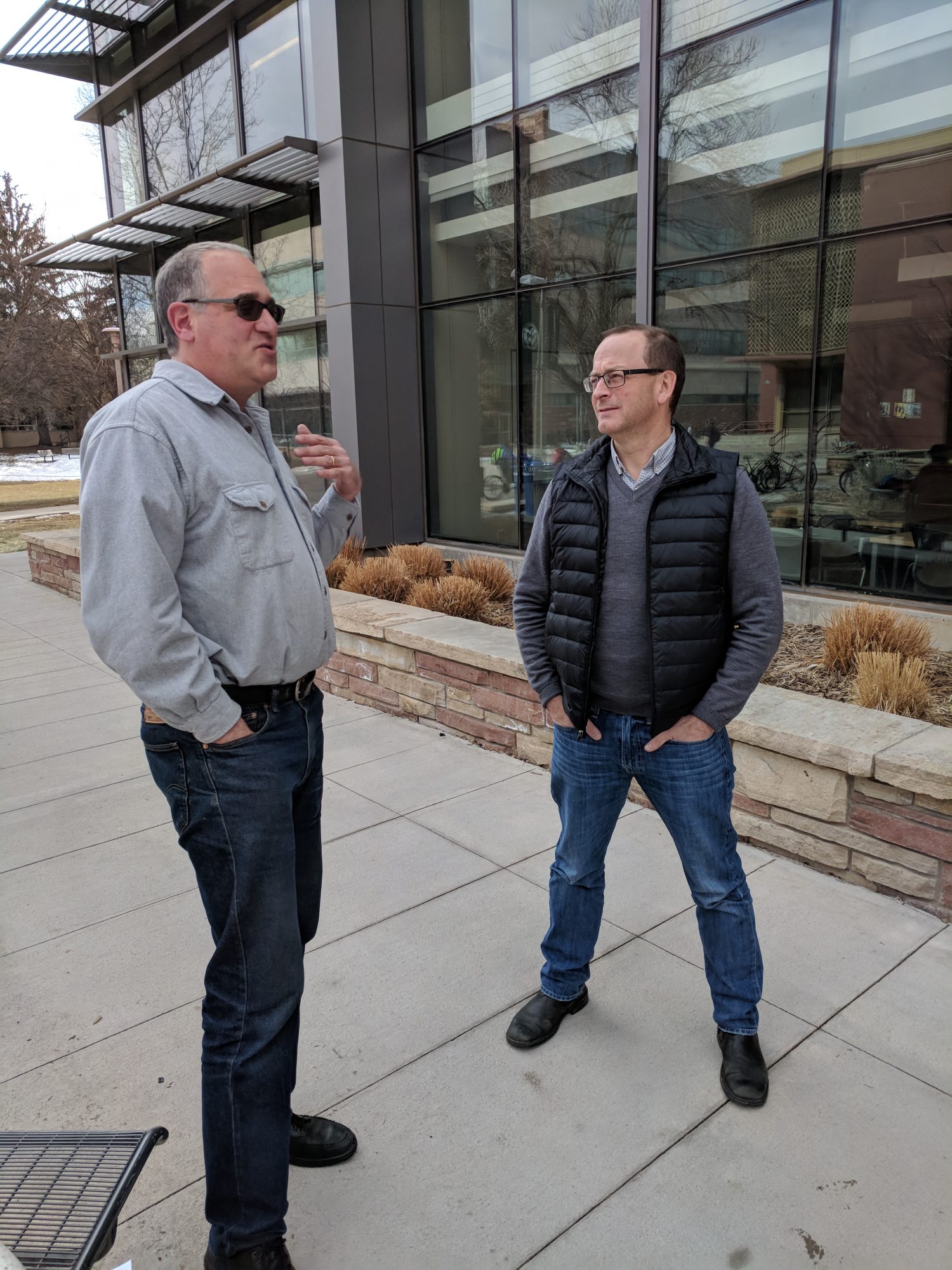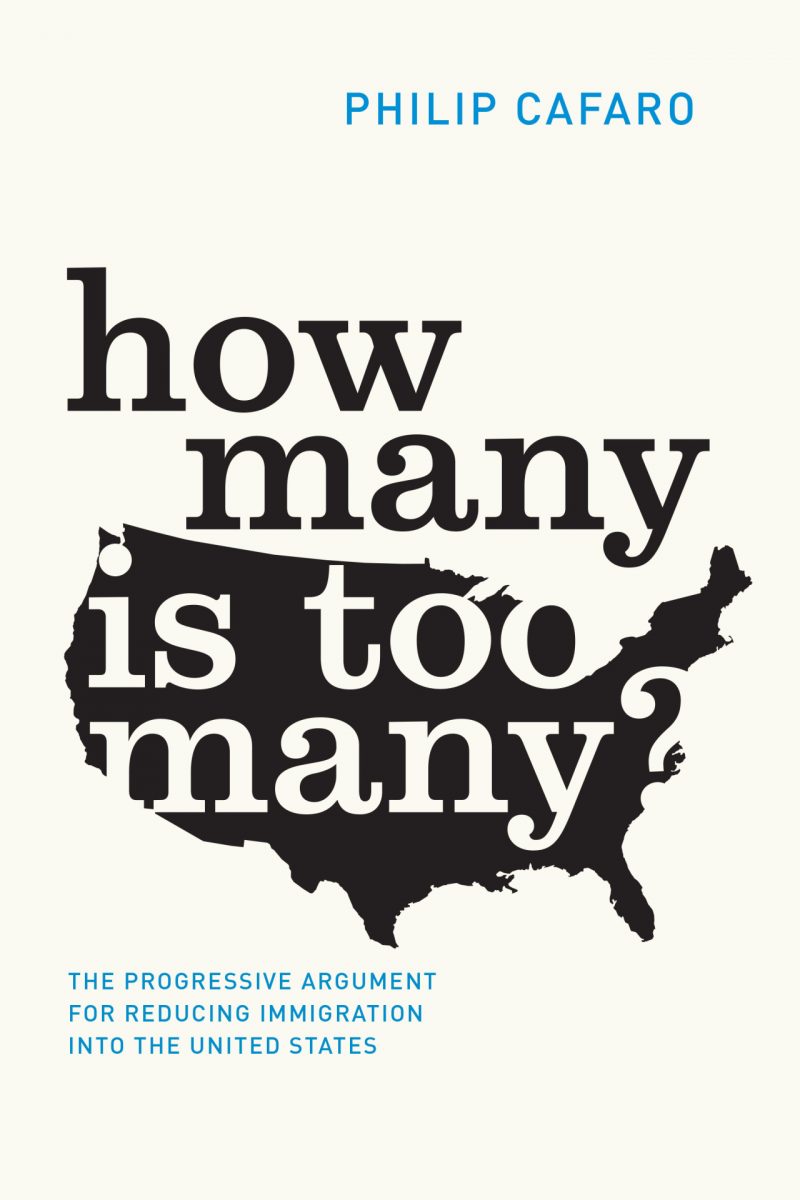“I am much more interested in promoting diversity of thought and opinion, and preserving the diversity of species on this planet, than I am in racial and ethnic diversity,” says Phil Cafaro, professor in the philosophy department.
In what may be viewed as a radical shift from most of academia’s embrace of inclusion, Cafaro argues for a drastic reduction in immigration to the United States to 1950s levels. He describes his position in How Many is Too Many? The Progressive Argument for Reducing Immigration (University of Chicago Press, 2015) as based “half on economic factors, half on environmental ones,” and defines himself as a political progressive with a stronger commitment to economic equality and environmental sustainability than your average Democrat.
Economically, Cafaro is concerned about the effect of falling wages and loss of work altogether for working class Americans, especially in fields such as construction that rely heavily on immigrant workers. “I’m disappointed in leading Democrats’ lack of concern for economic equality. We just had a government shutdown in support of illegal immigration. In my lifetime, I haven’t seen that kind of effort around economic issues to help struggling American citizens, like increasing the minimum wage or making it easier to join a union.”

Environmentally, Cafaro worries about the impact on U.S. ecosystems as our population grows exponentially with, he claims, an expected population of over 500 million by the end of the century. Cafaro explains, “Current levels of resource use and pollution are just not sustainable, and a growing population just makes these worse.” He’s also concerned that as we pave over the landscape and take more water out of our rivers, future generations will not have the same opportunities to see and appreciate wildlife that we do today.

Cafaro also expresses some concern about the whittling away of American unity with the influx of more and more immigrants. He critiques the unquestioned embrace of diversity, especially on college campuses. “I do believe that there can be such a thing as too much diversity within a society. Diversity can conflict with social solidarity,” as a 2007 study has shown. Cafaro points to the current divisive political landscape as one effect of an increasingly diverse society.

But this view resides in “politically difficult terrain,” explains Ken Shockley, associate professor of philosophy and Holmes Rolston III Chair in Environmental Ethics and Philosophy at CSU. “Reduction of immigration is incredibly unpopular in progressive circles where many are concerned with the opportunities that immigration provides to improve lives and communities.”
Cafaro admits as much: “I know how unpopular this view is to many political progressives. But American progressives share with American conservatives a failure to think clearly about limits. Those of us who want a more economically egalitarian and ecologically sustainable society need to ask: what population policies can help us get there?”
In order to reduce legal immigration, Cafaro proposes cutting back to 300,000 people annually from the current rate of 1.1 million. There would also need to be a significant reduction in illegal immigration. The best way to curb illegal immigration is by “enacting a universal, mandatory, secure employee identification program for all new hires and aggressively pursuing employers who hire people to work illegally,” Cafaro argues in his book.
Cafaro does support amnesty for DACA recipients and for undocumented children generally. He also favors making distinctions between undocumented workers and pairing amnesty with some reasonable restrictions. “And, no, I don’t believe in a wall,” Cafaro says. “It’s too expensive, and takes attention away from cheaper, more effective solutions to illegal immigration.”
As part of his multi-pronged solution to immigration, overpopulation, and general human and environmental well-being, Cafaro supports creating sustainable societies across the globe. Cafaro explains, “The U.S. is well-positioned to help create a more equitable world through foreign policy and well-targeted foreign aid.” Sustainable societies are not just good for the people living there, but also good in reducing the desire to emigrate to other countries, particularly those with higher consumption rates and higher carbon footprints. As he explains in How Many is Too Many?, Cafaro would like to “help would-be immigrants live better lives in their own countries through smart, sustainable trade policies and generous, well-tailored foreign aid programs.”
Shockley explains that the moral import of Cafaro’s argument rests on this very point. According to Shockley, Cafaro’s recommended policy changes, such as a stronger social safety net and drastic reform of foreign policy and aid, must accompany immigration reform. “The moral defense of Cafaro’s position on immigration is predicated on the implementation of significant policy changes in other areas. If immigration reform occurs in isolation from other policy changes (which is a reasonable prediction), then the argument falls apart morally,” argues Shockley.

Shockley is supportive of a dialogue about immigration: “However one feels about the moral defense of Cafaro’s proposal, the only way to respond is to have a serious debate about immigration.” Cafaro concurs: “Thinking clearly and thoroughly and sharing with others is our most important contribution to diversity. This first starts with taking the time to talk to each other.”
Cafaro has shared his ideas about immigration beyond the university by participating in community forums, lobbying members of Congress, and writing op-ed pieces. Along with Swedish ecologist Frank Gotmark, he recently received a $600,000 grant to conduct research into global overpopulation issues.
Cafaro has appeared on dozens of radio and TV shows across the political spectrum, including a recent appearance on Fox News with conservative pundit Tucker Carlson. “I would have preferred to be on Rachel Maddow’s show,” he says, “but she hasn’t invited me yet.”
